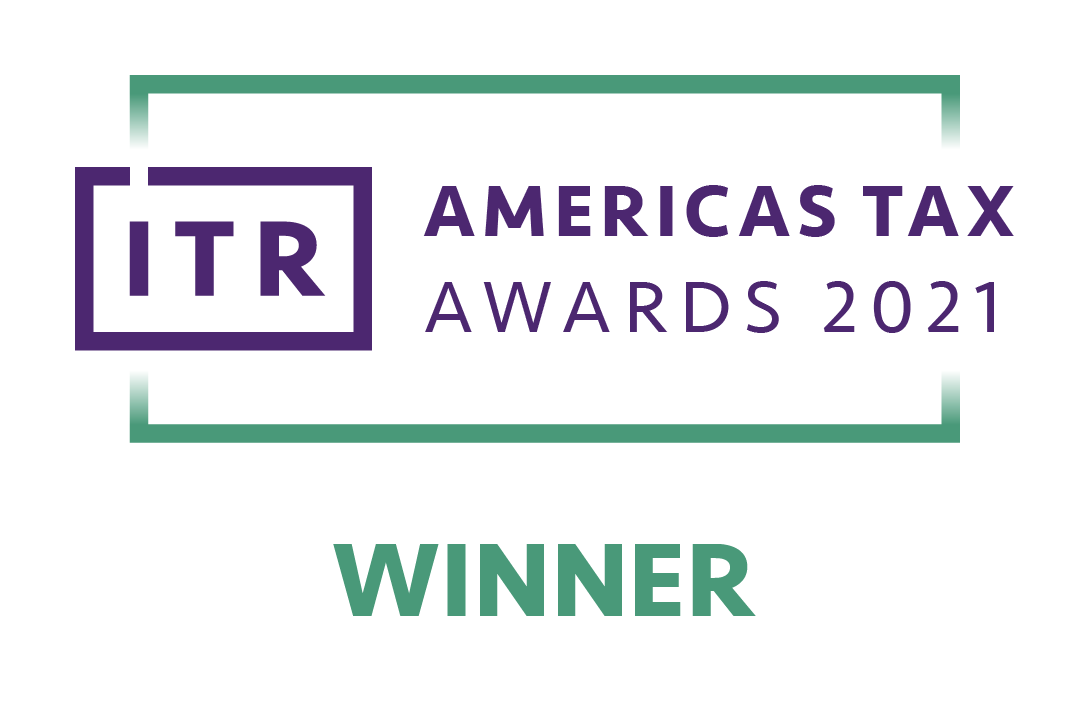The purpose of the new Bill is to create a new type of company that, as indicated by its name, establishes a smaller number of formalities for its incorporation and operation than the companies already existing according to our laws. A novel characteristic shown by the EAS would be that they may be incorporated by a single natural or legal person, with the only limitation that single EAS cannot constitute or participate in other single EAS.
If the law is enacted, the Ministry of Finance should create an exclusive unit that will record, control and monitor the EAS. The EAS will acquire legal status upon being registered at the Ministry of Finance, so registration before the Public Registries will not be required. In addition, it must be registered in the Unified System for Opening and Closing Companies (SUACE), with a website where a registration form and a model for articles of incorporation will be published.
Share capital of the EAS will be represented by nominative shares, whether endorsable or not, ordinary or preferred, and the capital may be paid up in cash or with other assets. When the contribution is in money, payment is authorized to be made by delivering 50% of the payable amount at the incorporation act and the remaining 50% within the 2 (two) years upon the incorporation, and on the other hand, contributions in assets should be made at the moment of incorporation.
It should be noted that no minimum or maximum amount is set as share capital for this new type of company. The EAS will meet their obligations only with their equity assets, meaning that all members of the EAS should respond up to the amount of their respective contributions.
Regarding the EAS organization, the organizational structure of the company can be freely determined. Anyhow, it is established that the governing body of the company will include the EAS members and that a legal representative must be appointed. Nevertheless, the creation of an administrative body, as well as an audit body, will be optional.
EAS are required to keep the following corporate books:
- Minutes book of the governing body;
- Stock registration book;
- Minutes book of the administrative body (in case it is created);
- Journal book; and
- Inventory book.
Should you want to know more about this Bill, do not hesitate to contact us.












